Researchers at the Francis Crick Institute have made a significant breakthrough in the development of artificial brains, creating an electronic imitator of a biological neuron that consumes less energy. The artificial neuron, described in a recent study published in Nature Electronics, has the potential to revolutionize the field of computer science and inspire the creation of compact, energy-efficient computers inspired by the human brain.
According to Dr. Zhao, the lead author of the study, the new artificial neuron is designed to mimic the functions of a biological neuron, including signal transmission and processing. "Our goal was to create a more efficient and compact artificial neuron that could be used to build more powerful and energy-efficient computers," Dr. Zhao explained in an interview. "We believe that our design could have a significant impact on the field of artificial intelligence and computer science."
The development of the artificial neuron is a crucial step towards the creation of more advanced artificial intelligence systems. Biological neurons are highly energy-efficient, consuming only a small amount of energy to process and transmit signals. However, traditional electronic computers are much less efficient, consuming large amounts of energy to perform even the simplest tasks. The new artificial neuron is designed to bridge this gap, offering a more efficient and compact alternative to traditional electronic computers.
The study, which was published in Nature Electronics, describes the design and testing of the artificial neuron. The researchers used a combination of theoretical modeling and experimental testing to validate the performance of the artificial neuron. The results show that the artificial neuron is capable of processing and transmitting signals with high accuracy and efficiency, using significantly less energy than traditional electronic computers.
The implications of this breakthrough are significant, with potential applications in a wide range of fields, including artificial intelligence, computer science, and neuroscience. "The development of more efficient and compact artificial neurons could have a major impact on the field of artificial intelligence," said Dr. Weston, a researcher at the Francis Crick Institute. "It could enable the creation of more powerful and energy-efficient computers that are capable of processing and analyzing large amounts of data in real-time."
The study has sparked interest and excitement in the scientific community, with many researchers and experts hailing it as a major breakthrough. "This is a significant step forward in the development of artificial intelligence," said Dr. Smith, a leading expert in the field of artificial intelligence. "The creation of more efficient and compact artificial neurons could have a major impact on the field and enable the development of more advanced AI systems."
The researchers at the Francis Crick Institute are continuing to work on the development of the artificial neuron, with plans to further improve its performance and efficiency. The study has also sparked interest in the potential applications of the artificial neuron, with many researchers and experts exploring its potential uses in a wide range of fields.
In conclusion, the development of the artificial neuron is a significant breakthrough in the field of computer science and artificial intelligence. The creation of a more efficient and compact artificial neuron has the potential to revolutionize the field and enable the development of more advanced AI systems. As the researchers continue to work on the development of the artificial neuron, it will be interesting to see how this technology evolves and is applied in the future.




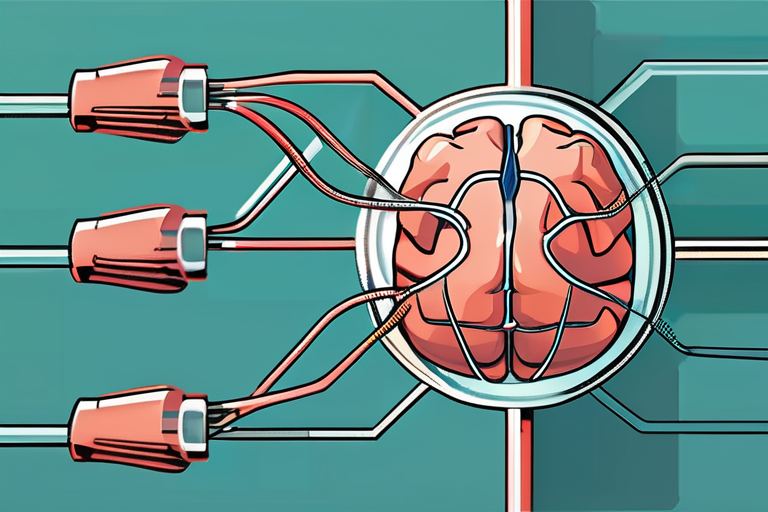



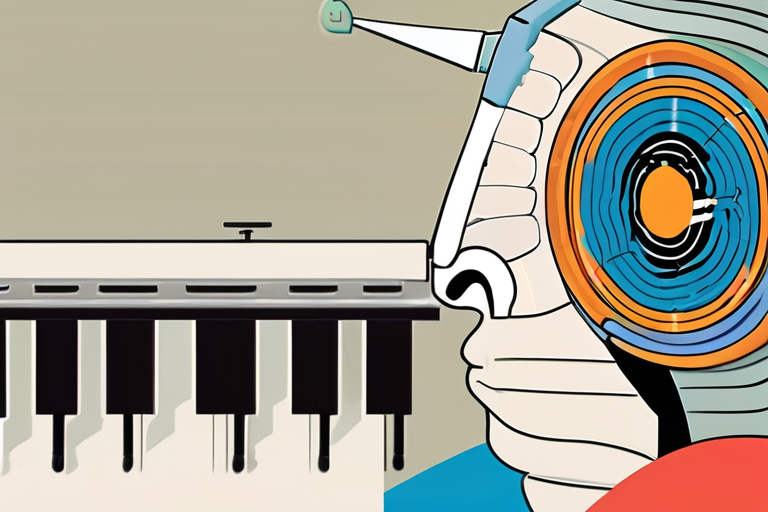



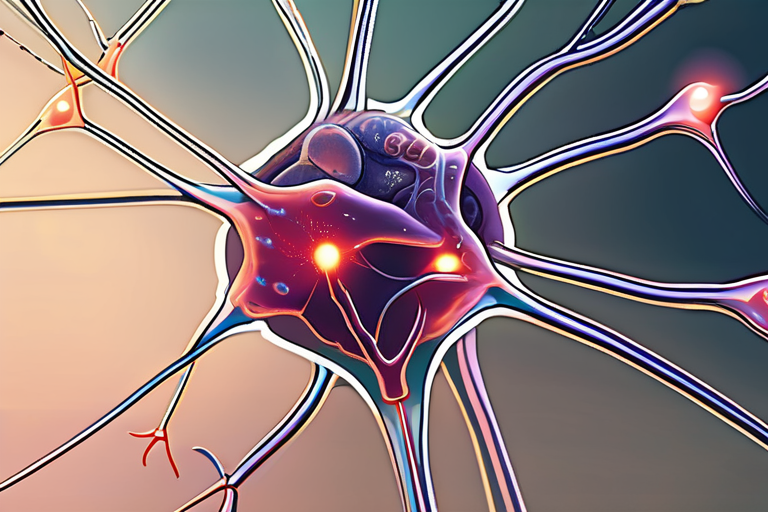
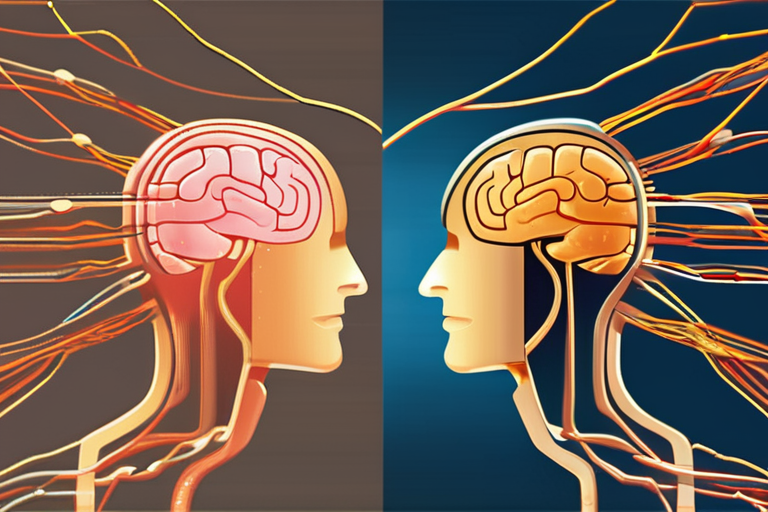
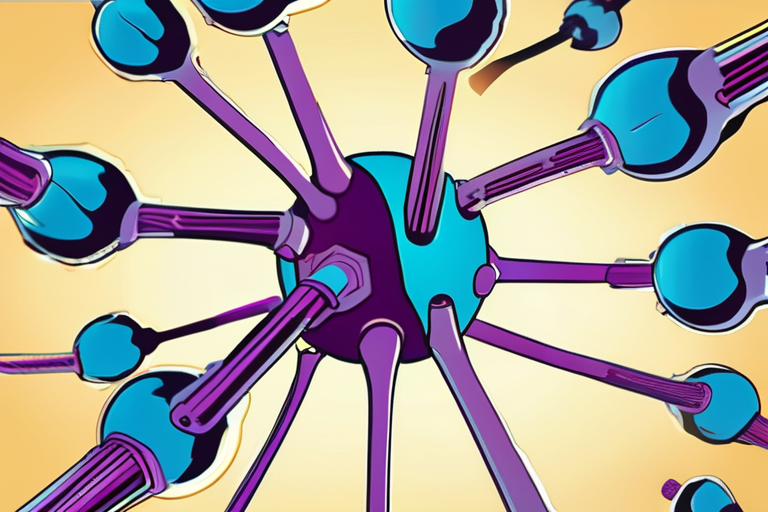
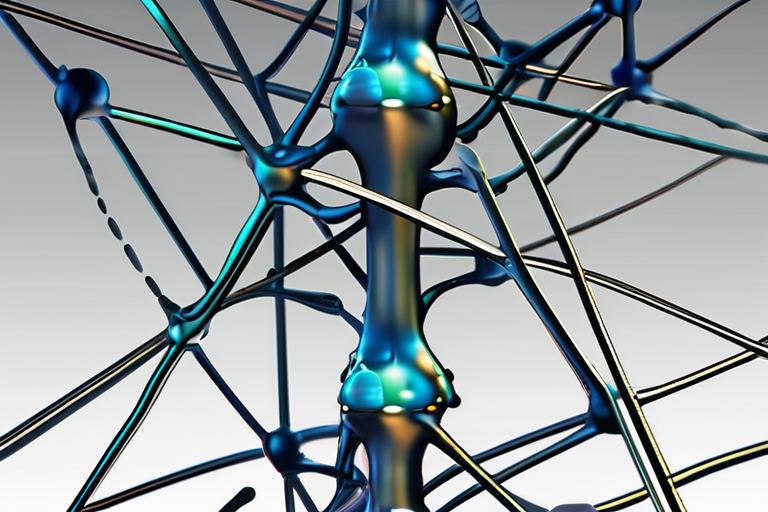


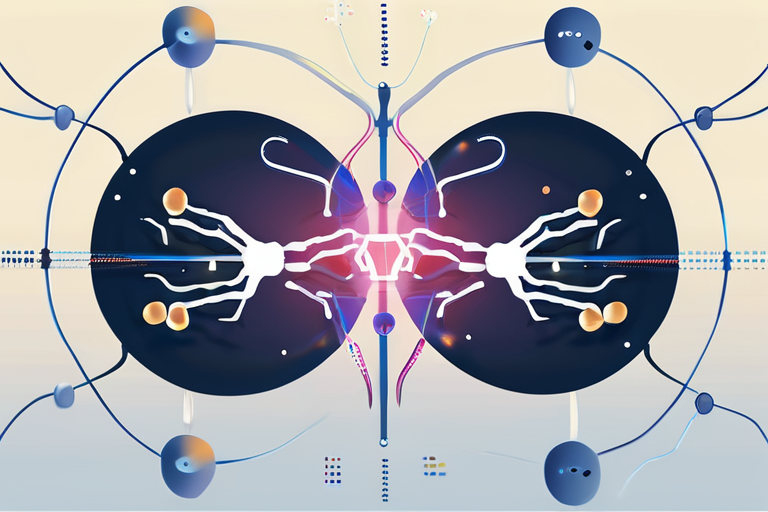
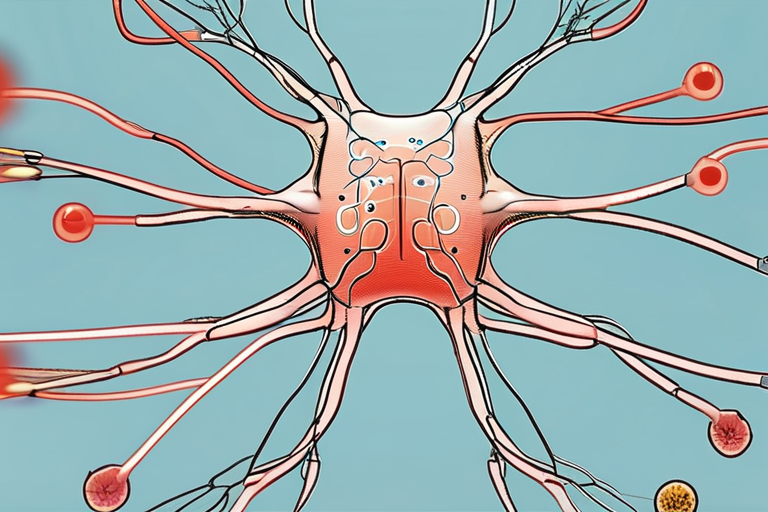
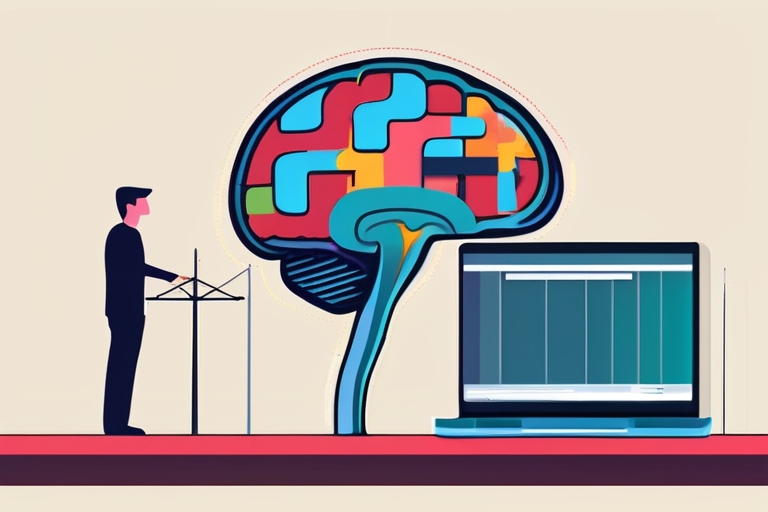
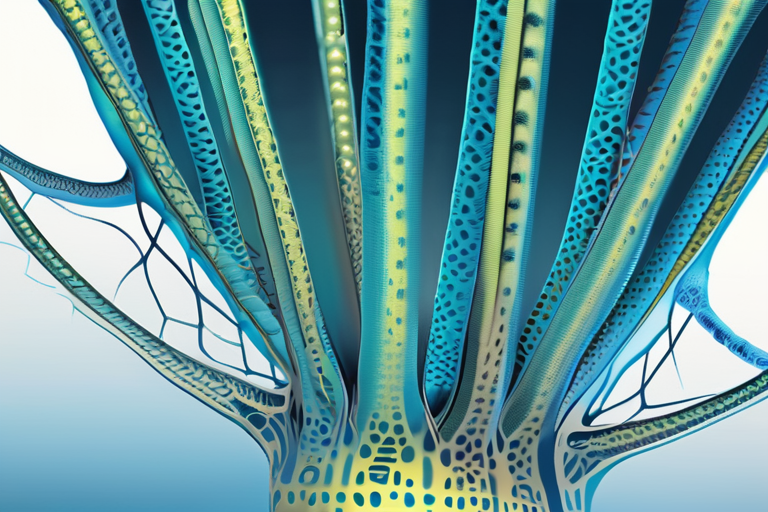



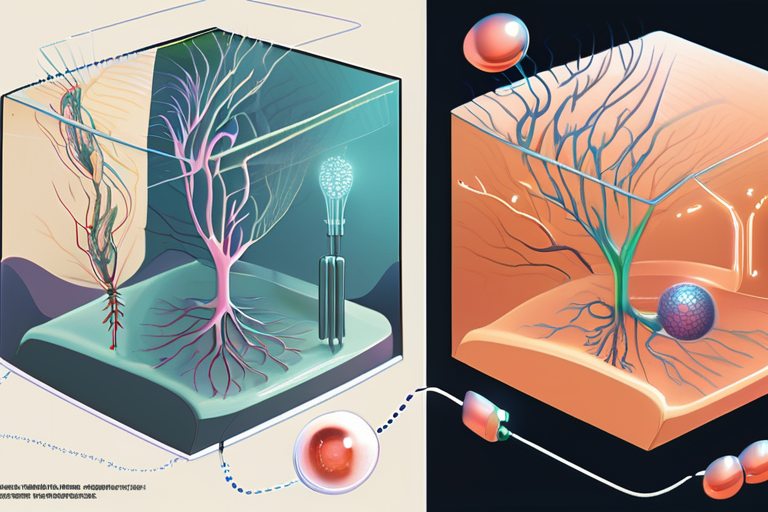
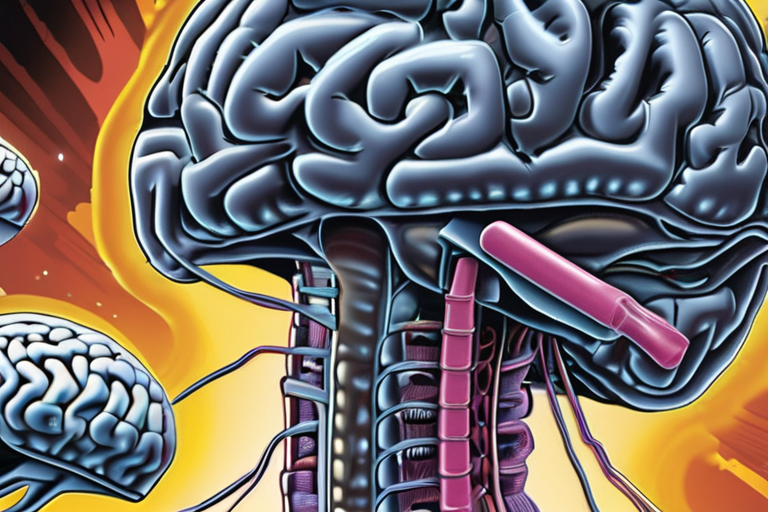
Share & Engage Share
Share this article